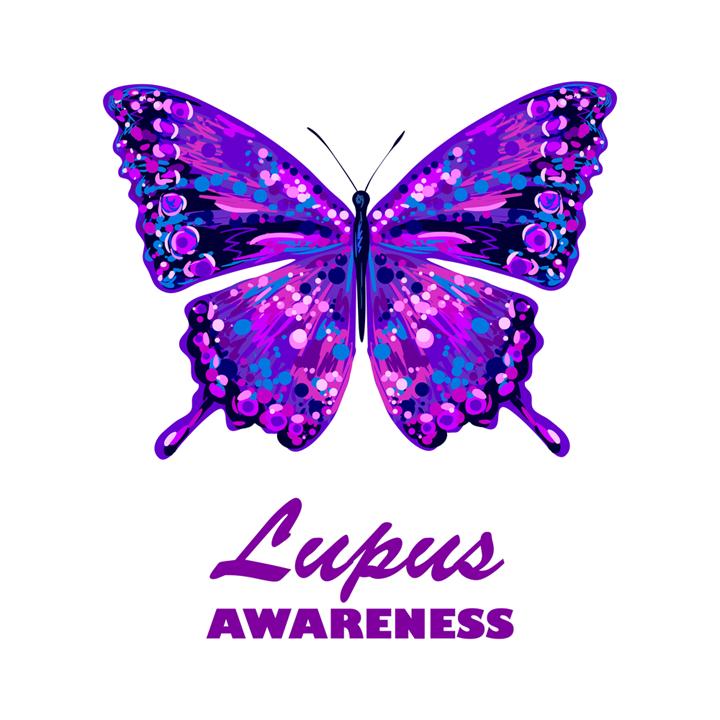Hepatitis C is a virus that affects the liver, causing inflammation and fibrosis. Sometimes called hep C or HCV, it is carried by the blood and other bodily fluids.
Everything a person eats or drinks passes through the liver and is converted into energy or chemicals that allow the body to function normally.
An untreated hepatitis C infection can damage the liver and lead to cirrhosis, or scarring. If hepatitis causes liver damage, a person may need to modify their diet.
Foods to Eat
Fruits and Vegetables
Fruits should be consumed in moderate amounts. This is because fruits contain fructose, which is harmful when consumed in excess. Since your liver is the only organ that has the transporter for fructose, consuming it in excessive amounts can put significant stress on the organ, leading to more damage.
Eat fresh, raw and organic vegetables in as many colors as possible. Green is the easiest choice, since there’s a wide variety to choose from. Ideally, make sure you get both light green and dark green veggies. Include white produce like onions and cauliflower in your diet.
Protein
Consume plant-based or lean protein choices in moderation. Pastured eggs, beans and nuts, lean grass-fed meats, fish such as wild Alaskan salmon and poultry are great choices. Protein is a building block that is essential for repairing and building new tissues,4 which you need if you have sustained liver damage. Great options include: fish, seafood, chicken without the skin, nuts, eggs and soy products.
Healthy Fats
Choose healthy fats, like coconut oil and olive oil. Avoid trans fats, as they can impact the body as a whole and can produce additional stress on the liver. Some of the protein-rich foods mentioned above are also a good source of healthy omega-3 fats, particularly wild Alaskan salmon and pastured eggs.
Foods to Avoid
There are also things that people with hepatitis C should try to avoid or limit in their diet due to the effects they may have on the liver.
Fat
People with hepatitis C should try to consume unsaturated fats, such as those in nuts and seeds, olive oil, and fish oils.
It is best to limit saturated fats, such as those found in meat, full-fat dairy products, fast food, and cookies.
Salt
Monitoring salt intake is important for people with hepatitis C. To reduce salt intake, a person should avoid eating processed or packaged foods.
Sugar
There is believed to be a link between hepatitis C and blood sugar levels, which can increase the risk of developing diabetes.



